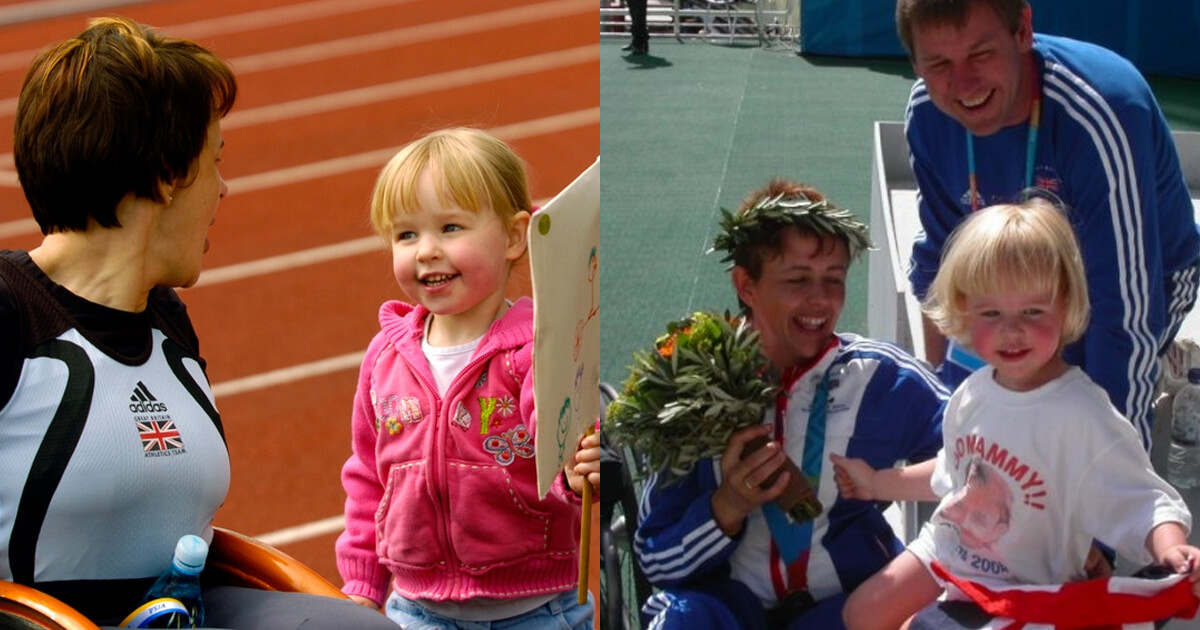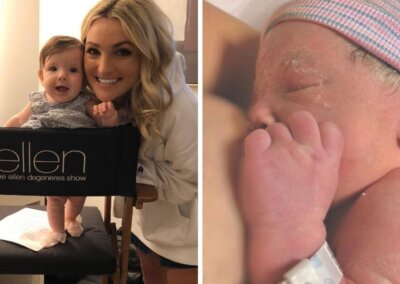Wheelchair racing legend and eleven-time Paralympic gold medallist Baroness Tanni Grey-Thompson has spoken out about the discrimination and pressure to abort that pregnant disabled athletes like her can face.
Grey-Thompson was a nine-time Paralympic gold medallist when she became pregnant with her daughter Carys in 2001 but later won two more gold medals.
She revealed to the Stumps, Wheels and Wobblies podcast the pressure she faced to abort her daughter: “The first thing I was offered at my first scan was a termination because people were like: ‘You should not have children.'”
“I lost count of the number of people who asked me how I got pregnant,” Grey-Thompson recalled. “People like you can’t do that.”
Grey-Thompson has spina bifida, a condition caused when a baby’s spine and spinal cord does not develop properly in the womb.
She said: “We had a discussion [with the medical staff] about if I was trying for babies and that individual had some quite complicated views on disability – [an attitude of] we might breed and we might spread.”
“I had to answer lots of questions about what you do if it’s disabled.
“I said I would make sure they have a really cool chair, not like the horrible chair I had until I was 15!”
When Paralympic cyclist Hannah Dines responded: “I was hoping you were going to say ‘but, that was 17 years ago and it’s all changed now’”.
However, one of her co-hosts, actress Ruth Madeley, said that her documentary on spina bifida revealed that “the first thing expectant mothers [of babies diagnosed with spina bifida] are offered is a termination and that is now”.
She added: “The abortion rate is still 80%, a lot of that is coming from a medical professional advising it”.
One in every 1,000 pregnancies is affected by a spine or brain defect.
Estimates have predicted that 80 percent of unborn babies diagnosed with spina bifida, each year, are aborted. However, pro-life campaigners are hopeful that now the surgery has been made routinely available on the NHS the number of unborn babies terminated each year will fall.
Grey-Thompson has previously spoken about terminating a disabled baby, saying “the reality is pregnancies are being terminated far more than before and disability is seen as a negative thing.”
On Sunday, it was revealed that the number of babies born with Down’s syndrome has dropped by 30% in NHS hospitals that have introduced new non-invasive prenatal tests.
Right To Life UK spokesperson Catherine Robinson said:
“Stories like Baroness Tanni Grey-Thompson’s have unfortunately been commonplace for the past two decades. Pressuring disabled women to abort their babies, simply because they are disabled, shows an entire lack of compassion and care towards disabled people both in the womb and outside it.”












